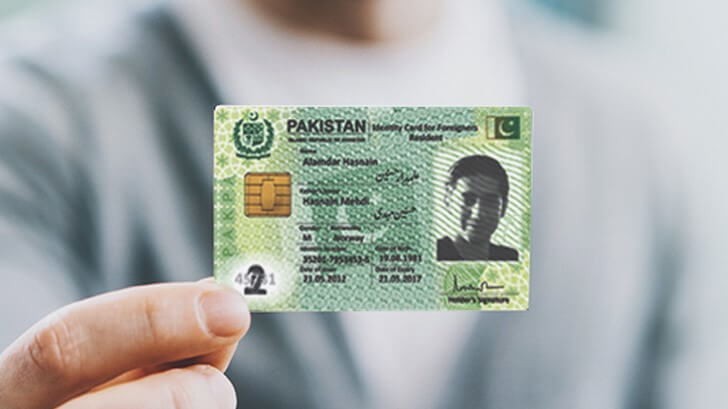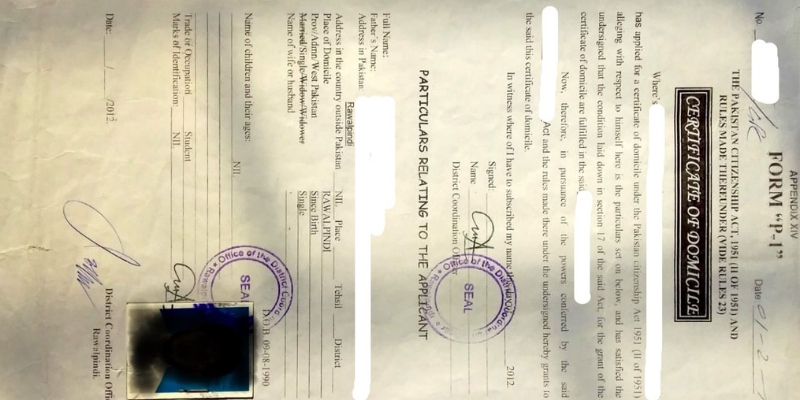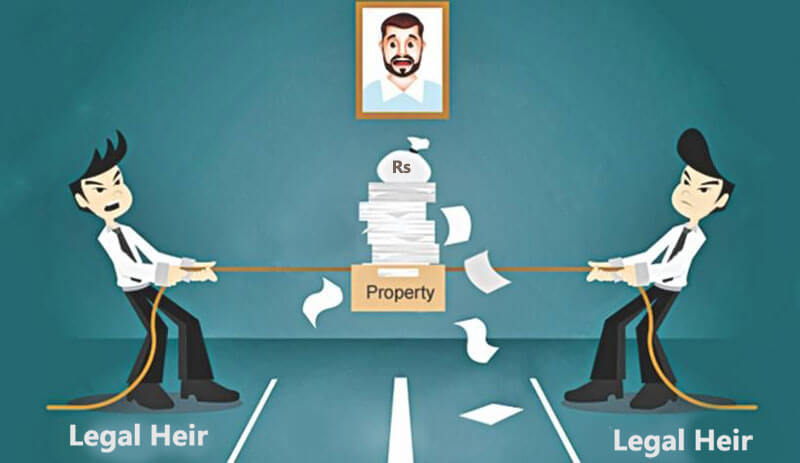The primary purpose of pleadings is to enable the parties to set down their controversies. so a to further enable them to prove same in the course of trail. [2004 MLD 1328], 1992 MLD 1879, 2003 YLR 1680, 2004 CLC 333, PLD 2004 Pesh 95, PLD 2004 Kar 492, 2003 MLD 205, 2004 CLC 278, 2003 CLC 456, 2003 MLD 39, 2003 MLD 954, 2000 YLR 2629, 2000 CLC 343]
The term pleadings according to order VI rule 1 means plaint and written statement.
Order VI of the code relates to pleadings. It consists of rule 1 to 18.
Rule 1 of Pleadings
Defines pleadings as plaint and written statement. Pleading as a matter of fact is a fundamental document by virtue of which foundation of the case is laid which not only gives the cause of action to the plaintiff but also controverted pleas put forth by the defendant resulting framing of issues. The parties, therefore , cannot deviate from the case setup in their pleadings except by seeking amendment therein in accordance with law. Under article 114 of the Qanun e Shahadat 1984, litigant party is not permitted to assume inconsistent position i court to play fast and loose, to blow hot and cold, to approbate or reprobate to the detriment of his position and such wholesome doctrine applies not only to the successive stages of the same suit but also to a suit other than the one on which the position is taken up, provided the second suit grows out of judgment in the first. [2003 YLR 1689]
Rule 2
Of order VI binds the pleading to state material facts and not evidence. Pleadings should only contain factum Probanda and not the factum probentia. [1999 SCMR 2167]
Rule 3
Of this order provides form of pleading
Rule 4
It stipulates particulars to be given when fraud, misrepresentation, breach of trust etc are to be pleaded. As a rule the pleading must contain material facts on which a party relies for his claim or defense. In particular rule 4 of order VI of the CPC lays down that in all cases in which the party pleading relies on any misrepresentation, fraud, breach of trust, willful default or undue influence and in all other cases in which particulars may be necessary beyond such as are in the form exemplified aforesaid, (with date and item if necessary) shall be stated in pleading. In pleadings general allegations however, strong may be the words in which they are stated are insufficient even to amount to an averment of fraud of which any court ought to take notice. [PLD 1977 SC 75]
Rule 5
Of this order provides for better statement, where suit property is not identifiable, court can ask for further and better statement which may necessitate amendment in the plaint.
Rule 6
Any condition precedent according to this rule the performance of occurrence of which is intended to be contested shall be distinctly specified in the pleading by the plaintiff or defendant as the case may be.
Rule 7
Of this order disallows any departure except by way of amendment.
Rule 8
Of this order where a contract is alleged in any pleading, a bare denial of the same by opposite party shall be construed only as a denial in fact of the express contract. A party denying merely factum of contract and not alleging its unenforceability in law must be held bound by the pleading and is precluded from raising the illegality or validity of the contract. [AIR 1954 SC 165]
Rule 9
Of this order provides that wherever the content of any document is relevant material, it shall be sufficient in any pleading to state the effect thereof as briefly as possible.
Rule 10
Relates to malice, knowledge etc whenever it is material to allege malice, fraudulent intention, knowledge or other condition of the mind of any person, it is sufficient to allege the same as a fact without setting out the circumstances from which the same is to be inferred.
Rule 11
Relates to notice wherever material to allege notice, it it would be sufficient to allege such notice as a fact, plea as to non service of notice cannot be presumed unless raised in the written statement. [1981 CLC 1500]
Rule 12
Of this order relates to implied contract or relation.
Rule 13
Relates to presumption of law. Neither party need in any pleading allege any matter of fact which the law presumes in his favor.
Rule 14
Of the order provides that the pleading of the party must be signed by the party itself or by its authorized agent. Verification can be done by one of the parties if they are more than one. Provision to this regard is procedural, plaint even not signed admitted and entered in the register of the suit, it would not seized to be plaint and the suit cannot be said not to have been instituted merely because of existence of mere defect or irregularity in the matter of signing and verification. In order to prove that the plaint was duly or properly signed, it is necessary that the plaintiff should have pleaded by clearly stating in the body of the plaint that the signatory was duly authorized to do so. Annexing the power of attorney along with Vakalatnama is not enough to conclude that signatory was duly authorized to sign and verify the plaint as contemplated under order VI rule 6 of CPC. [PLD 2004 Kar 17]
Rule 15
Of this order related to verification of pleading. The main features of the verification in accordance with this rule are:
i. It has to be on oath or solemn affirmation.
ii. The person verifying shall specify the paragraphs, which he verifies of his own knowledge and the paragraphs which are believed to be true by him separately.
iii. The verification shall be signed by the person making it.
iv. It shall contain the date and place when and where the signatures were appended. [1994 CLC 1366, 2004 MLD 1331, 1992 CLC 2462]
Rule 16
Empowers the court to strike out or amend any matter in any pleading which may be unnecessary or scandalous or which may tend to prejudice, embarrass or delay the fair trail of the suit at any stage of the proceedings. [PLD 1993 Lah 183]
Rule 17
Of this order provides the mechanism by which an amendment of the pleading can be sought. The object of this rule is that the interest of justice should not be sacrificed at the alter of technicalities. Where the amendment is sought for the purpose of determining a real controversy, same should be allowed provided the other party is not prejudiced. Amendment can be allowed in order to achieve the ends of justice where these are necessary for the purpose of determining real questions in controversy irrespective of the delay. [2003 YLR 24, 1996 SCMR 1959, PLD 1993 SC 88,PLD 2001 Lah 149]
Rule 18
Which is the last rule of this order provides for consequences of failure to amend within time fixed by court. Where a time is given, the party cannot amend his pleadings unless the time is extended. Where no time is limited even then the amended pleading are to be filed within 14 days from the date of the order unless the time is extended by the court.







